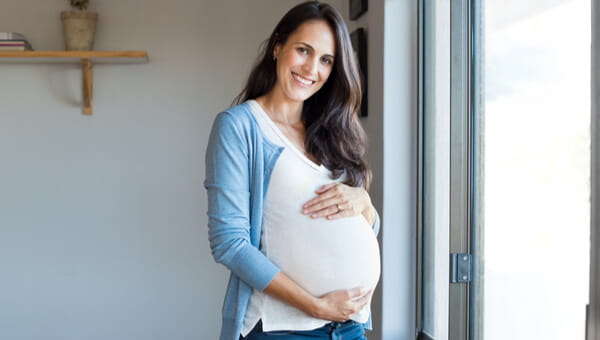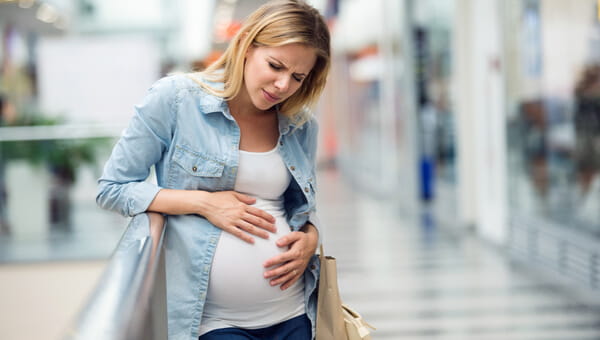Geriatric pregnancy. Advanced maternal age. If you're age 35 or older, you might be wondering what all the name calling is about. After all, the rate of women over the age of 40 who are becoming first-time moms has more than doubled in the last 20 years—it’s not like these moms are ready for the nursing home.
Why the label?
Although it's become quite common for women to have babies well into their 30s and beyond, it's still notable because these pregnancies come with increased risks:
- The mother is more likely to have an existing health condition, like high blood pressure, diabetes or obesity, which could lead to pregnancy complications.
- The baby is more likely to be born early or have low birth weight.
- The baby has an increased risk of a chromosomal disorder, like Down syndrome.
- The risks of miscarriage and stillbirth are higher.
- The mother is more likely to develop preeclampsia, gestational diabetes or high blood pressure.
- The labor and delivery process is likely to be more difficult.
- Twins (or even higher order multiples) are more common.
That label is there because your doctor will take extra care to monitor your pregnancy and make sure you and your baby stay as healthy as possible.
Should I be worried?
All expectant mothers worry about their pregnancies, but there's no reason to worry excessively just because of your age. That said, there are steps you can take to help ensure a healthy pregnancy:
- Eat healthy nutritious foods and stay away from too much sugar and salt.
- Get plenty of exercise unless your doctor tells you differently.
- Take a good prenatal vitamin that contains folic acid.
- Maintain a healthy weight.
- Steer clear of alcohol, tobacco and other harmful substances.
- Keep all of your prenatal appointments, and talk to your doctor about any symptoms or other concerns
Click here for more information on the importance of good nutrition during pregnancy.




